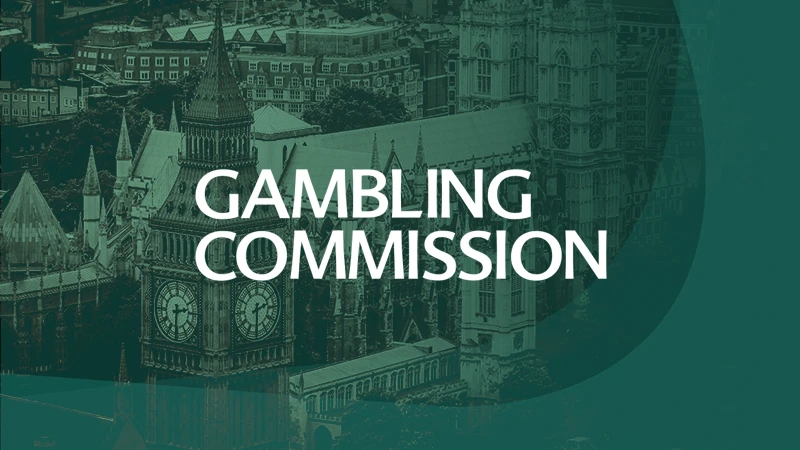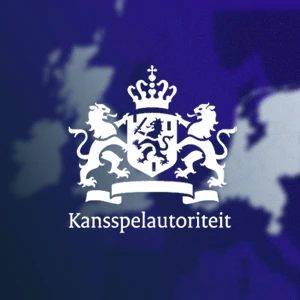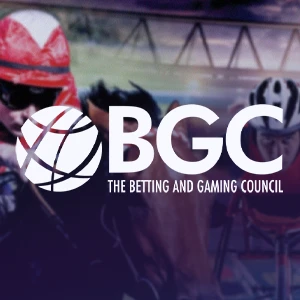The UKGC's 2024-25 business plan and budget

The UK Gambling Commission (UKGC) published its three-year Corporate Strategy in April, and recently followed up with its 2024-25 Business Plan and Budget.
The Corporate Strategy outlines five key areas of ‘strategic focus’, and the Business Plan and Budget details how the UKGC will address each through the 2024-25 period. These areas include:
- Using data and analytics to make gambling regulation more effective
- Enhancing core operational functions
- Setting clear, evidence-based requirements for licensees
- Being proactive and addressing issues at the earliest opportunity
- The bigger picture
Using data and analytics to make gambling regulation more effective
The importance of strong data is a theme which runs through recent UKGC publications. By gathering, analysing and interpreting better evidence, the Commission can make more informed, more effective decisions.
The Gambling Survey for Great Britain
Gathering high-quality data is the first step, and that’s where the Gambling Survey for Great Britain (GSGB) comes in. The GSGB is a highly anticipated dataset, expected to provide robust results and actionable insights.
The UKGC published the first ‘wave’ of GSGB data earlier this year. It intends to “complete the full launch” over the 2024-25 period.
There’s no denying that the GSGB’s methodology appears solid. Provided that the UKGC keeps its promise of quarterly updates and factors in the suggested improvements made in Patrick Sturgis’ independent review, there’s no reason why it shouldn’t live up to our high expectations.
Closing evidence gaps
The UKGC acknowledges existing data gaps, with some areas and groups falling through the cracks. The Commission will address this by identifying these priority areas, then gathering additional data on them. The GSGB will do some of the heavy lifting in this regard.
That said, such a broad dataset cannot necessarily reveal problems within, for example, a particular community. The UKGC therefore hopes to address evidence gaps through a ‘Consumer Voice research programme’. Details are still sparse.
It’s crucial that, once problem areas are identified, the root cause is treated. The UKGC should be careful not to simply treat the symptoms, but to resolve the underlying issues.
Operator data
‘Regulatory return data’ refers to operator-held data which is shared with the UKGC. The UKGC intends to streamline this process.
Such an improvement should enhance the speed and efficiency with which data is collected, enabling the UKGC to move faster, responding to trends and making key decisions more quickly.
The UKGC will work with licensees to refine this process, but also to implement a data-sharing scheme based on a daily feed of consumer data. This approach, if successful, should modernise the collection of player data.
Enhancing core operational functions
The British gambling industry moves quickly, and the UKGC has no intention of getting left behind.
Engagement and communication
Through open communications and a productive, two-way relationship between itself and licensees, the UKGC hopes to improve the sharing of information.
A central part of its efforts to improve communications and operator-regulator engagement is introducing a ‘management style framework’. The Business Plan and Budget doesn’t go into great detail on this, but the notion of improved communications seems to be well-placed.
Internal operations
The UKGC intends to refine its own management system. It will also collect enhanced data on its own performance, providing more insight into how it can improve operations.
This seems like good practice, but it’s something that the UKGC should already be on top of.
Also, a self-regulating regulator could cause conflicts. A third party may be better at painting an unbiased picture of the Commission’s inner workings.
Transparency, compliance and penalties
The UKGC monitors transparency and compliance, and this makes up a large part of its operations. Moving ahead, the UKGC will be publishing ‘snapshots’ into its compliance findings, whether penalties are issued or not.
Transparency should apply to all parties, including the regulator, so it’s good to see the UKGC providing clear and digestible insights into its own operations.
The Business Plan and Budget promises that the UKGC will respond to the recent consultation on financial penalties, which ran until mid-March. Although not yet committing to anything specific, the Commission claims that its response will give the industry “a clear understanding of our future approach to financial penalties.”
Setting clear, evidence-based requirements for licensees
The White Paper reform
It’s been more than a year now since the UKGC published the gambling reform White Paper, and various consultations have been held since. Through the 2024-25 period, the UKGC intends to:
- Carry out research and publish findings related to financial risk assessments
- Make and publish its final decisions on matters including the risk assessments
- Publish consultation responses and address various concerns raised within
- Outline how it plans to implement the remaining aspects of the White Paper
A year is a long time, even in the sluggish world of bureaucracy. It’s time for the UKGC to deliver, so that operators and players can make allowances and begin to adjust.
Importance of clarity
Everyone, especially licensees, must be clear on what the UKGC actually requires of them as it implements the White Paper reform’s changes.
The UKGC acknowledges that any compliance grey areas should be replaced with evidence and data-based requirements. Legislative grey areas shouldn’t be there in the first place, but this makes a lot of sense, and is likely to avoid confusion and debate further down the road.
Being proactive and addressing issues at the earliest opportunity
It’s best to nip problems in the bud, and the UKGC hasn’t always been great at this. Regulators typically move slowly, but the UKGC promises to improve.
In his introduction to the publication, Andrew Rhodes, Chief Executive of the Gambling Commission, said, “enforcement action invariably means consumers have already been poorly treated.”
The fair and open licensing objective
Ensuring “that gambling is conducted in a fair and open way” is one of the Commission’s central tenets. Moving ahead, the UKGC will assess whether this objective is being met.
It will gather data from its own studies and consumer research programme, as well as Alternative Dispute Resolution services and other parties.
This seems like something else that the Commission should already be on top of, but anything that promises better allocation of resources is likely to be for the best.
Interventions
The Commission knows it needs to secure compliance as quickly as possible, and the evidence-based requirements mentioned above should go some way towards achieving this.
The UKGC also aims to “reduce reliance on reactive compliance and enforcement activity”, but this seems like a bit of a red flag.
For example, it seems possible that reduced enforcement might translate into a less hands-on approach, perhaps leading to laxness. The Commission should proceed with caution in this respect.
Regulating a successful National Lottery
The National Lottery’s regulations are a hot topic, and the licensee has recently changed for the first time ever.
As part of this ongoing shift, the UKGC will ensure that the new licensee Allwyn completes its application over the 2024-25 period. It will also finalise the Fourth National Lottery License, and close the programme.
Clearly, where the National Lottery is concerned, the UKGC has a lot on its plate for the coming year. Its intentions here are admirable, and hopefully it hasn’t bitten off more than it can chew.
However, despite the National Lottery’s popularity, it seems to get a free pass in some respects. The UKGC’s Business Plan and Budget fails to address this.
The bigger picture
The Business Plan and Budget only represents the first third of the wider Corporate Strategy, and it makes some promising commitments. Its emphasis on the quality of data is especially reassuring.
The Commission’s task is, and always will be, navigating the fine line between protecting the players who need it, and not imposing restrictions which strangle licensees or isolate players.
Where the Business Plan and Budget fails is in its lack of specificity. It uses very broad strokes rather than explaining exactly how it plans to implement the proposed changes.
It also doesn’t set out any specific timeframes, which will make it difficult to assess whether the UKGC is on track throughout the year ahead.
It’s all fine and well making promises, but the true test will be of how effective these measures are once they’re actually put in place, however and whenever that may be.
Let’s hope that the vagueness of the Business Plan and Budget does not indicate a lack of preparation or appreciation for the steps needed to make its promises a reality.





